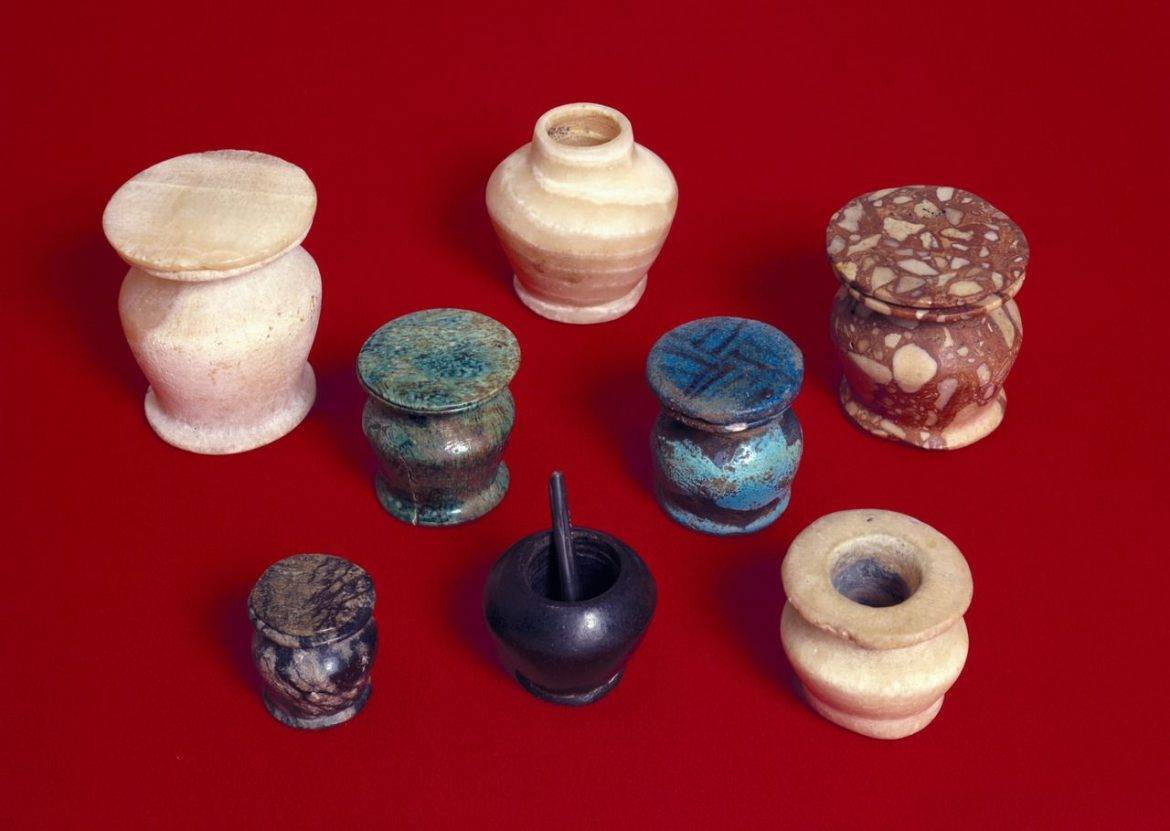Ancient China: Dynasties, Inventions, and Philosophies
Ancient China, spanning dynasties like the Shang, Qin, Han, and Tang, made enduring contributions to science, technology, governance, and philosophy in East Asia.
Advertisement
Achievements: Chinese civilization invented papermaking, printing, gunpowder, and the compass—technological innovations that transformed global history. Confucianism, Daoism, and Legalism shaped Chinese ethics, governance, and social order.
Legacy: The Great Wall of China, a monumental feat of engineering and defense, symbolizes China’s historical resilience and unity. Chinese art, including ceramics, calligraphy, and silk production, exemplifies artistic sophistication and cultural exchange.
The Maya: Civilization of the Americas
In Mesoamerica, the Maya civilization flourished with remarkable achievements in astronomy, mathematics, architecture, and urban planning from around 2000 BCE to 900 CE.
Achievements: Maya astronomers accurately calculated celestial cycles, developed complex calendrical systems like the Long Count calendar, and built impressive cities with pyramids, temples, and ball courts.
Legacy: Maya hieroglyphic writing, deciphered in the 20th century, preserves historical records, religious beliefs, and astronomical knowledge. Their agricultural techniques, including terraced farming and aqueduct systems, sustained large populations in dense rainforest environments.
Conclusion
Ancient civilizations, through their innovations, governance structures, artistic achievements, and cultural practices, laid the groundwork for human progress and understanding. Their legacies endure in our laws, languages, philosophies, and artistic expressions. By studying these civilizations, we gain insights into the complexities of human societies and the resilience of human ingenuity across time and geography. Exploring their achievements inspires us to appreciate the diversity of human experience and the enduring quest for knowledge and innovation that defines our collective history.

